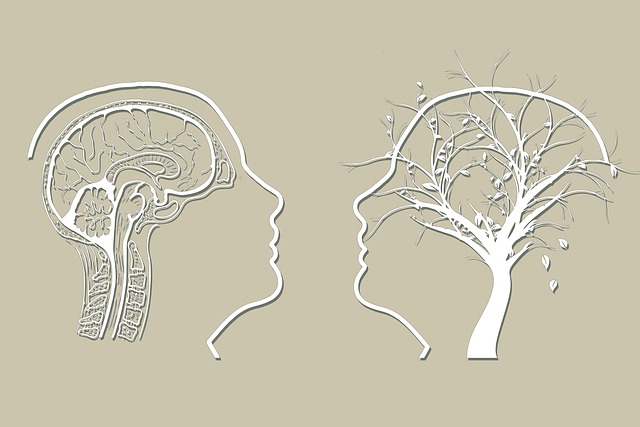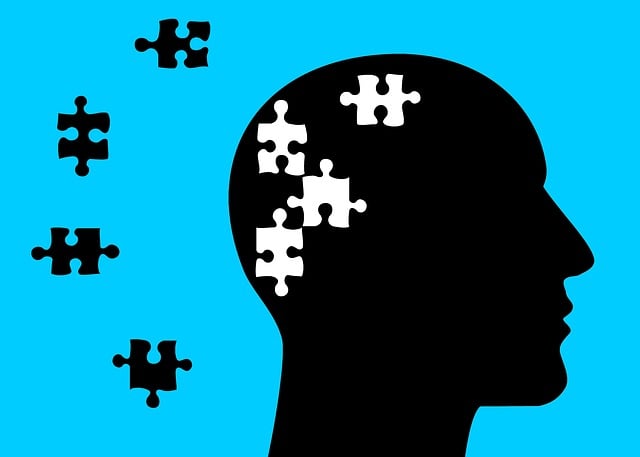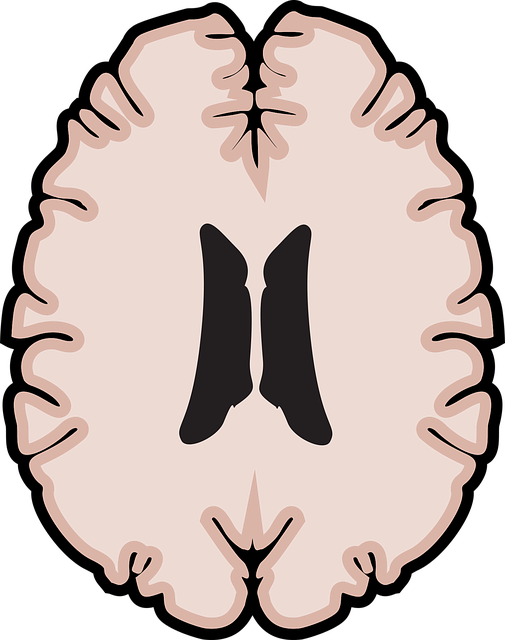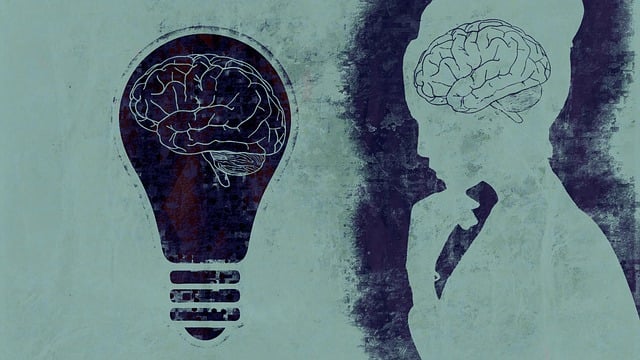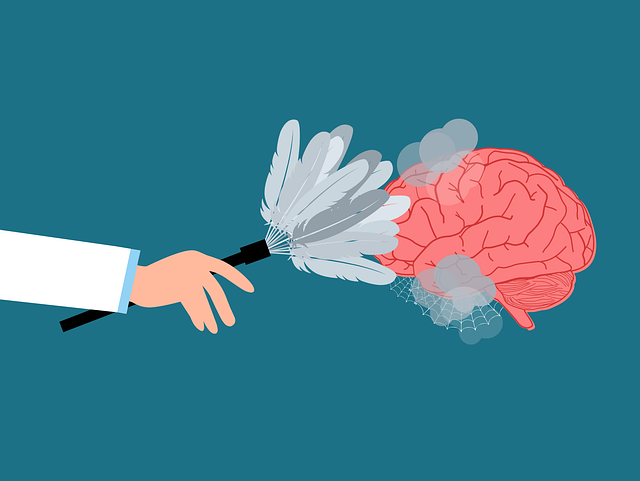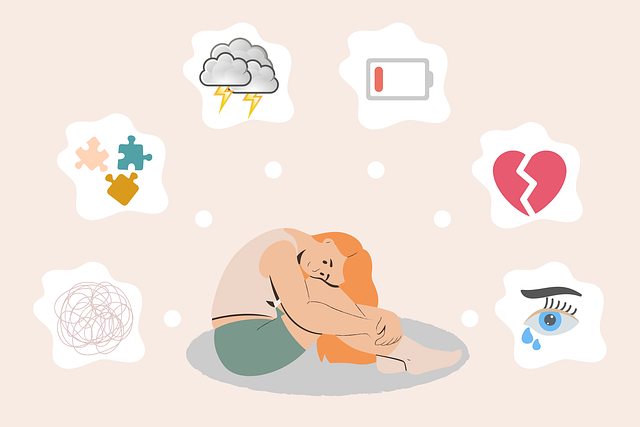First responders often experience intense trauma, leading to stress, anxiety, and potential burnout. Effective support involves tailored therapy like CBT for managing negative thoughts and coping with traumatic events. Mindfulness practices, lifestyle adjustments (quality sleep, exercise, healthy eating), and strong support networks are crucial tools for building resilience. Therapy for Adults First Responders incorporates these elements to enhance well-being, prevent burnout, and improve professional performance.
Stress reduction is a vital topic for first responders, who often face high-pressure situations daily. This article explores effective methods to manage stress specifically tailored for adults in first responder roles. We delve into the unique challenges they face and provide insights on Cognitive Behavioral Therapy (CBT) as a powerful tool. Additionally, mindfulness practices and lifestyle adjustments are highlighted to foster resilience and overall well-being. Understanding and addressing stress triggers is key to improving the mental health of these dedicated individuals.
- Understanding Stress in First Responders: Unveiling Common Triggers and Effects
- Cognitive Behavioral Therapy (CBT): A Powerful Tool for Managing Stress
- Mindfulness and Meditation Practices for On-the-Go Relaxation
- Lifestyle Adjustments and Support Networks: Building Resilience Against Stress
Understanding Stress in First Responders: Unveiling Common Triggers and Effects

Stress is a pervasive issue among first responders, who often face intense and traumatic situations on a regular basis. Understanding the unique stressors that impact this group is essential in providing effective support and therapy for adults in these critical roles. Common triggers include witnessing distressing events, dealing with life-or-death scenarios, and experiencing high-pressure environments. These experiences can take a significant toll on their mental health, leading to increased anxiety, depression, and even post-traumatic stress disorder (PTSD).
The effects of prolonged exposure to these stressors can hinder first responders’ ability to cope effectively. It may result in decreased resilience, impacting their personal and professional lives. However, there are therapeutic approaches tailored to address these challenges. Therapy for adults first responders focuses on developing self-care routines, building confidence, and enhancing resilience. By incorporating these strategies into their daily lives, they can better manage stress, improve overall well-being, and ensure a more sustainable career in their demanding profession.
Cognitive Behavioral Therapy (CBT): A Powerful Tool for Managing Stress

Cognitive Behavioral Therapy (CBT) has emerged as a powerful tool in managing stress, especially among adults and first responders. This therapy focuses on identifying and changing negative thought patterns and behaviors that contribute to stressful situations. By challenging unhelpful cognitive processes, CBT enables individuals to develop healthier coping strategies, enhancing their ability to navigate high-pressure environments and prevent burnout.
For first responders, who often face traumatic events and demanding work schedules, CBT can be a game-changer. It equips them with effective stress management techniques, allowing them to process challenging experiences and maintain mental well-being. In addition, promoting public awareness campaigns and developing specialized Stress Management Workshops within organizations, such as healthcare providers, can significantly contribute to burnout prevention strategies. These initiatives ensure that individuals in high-stress professions receive the necessary support and tools to thrive in their roles.
Mindfulness and Meditation Practices for On-the-Go Relaxation

For those leading fast-paced lives, especially first responders who constantly face high-stress situations, finding moments of calm can be transformative. Mindfulness and meditation practices offer powerful tools for on-the-go relaxation. These techniques encourage individuals to focus their attention on the present moment, cultivating a sense of tranquility amidst chaos. By training their minds to observe thoughts and sensations without judgment, adults can develop coping skills that enhance mental wellness.
Integrating mindfulness into daily routines allows first responders to create pockets of serenity even in the midst of a busy schedule. Simple breathing exercises or brief meditation sessions can provide much-needed respite, improving resilience and emotional balance. As these practices become second nature, individuals may find themselves better equipped to handle stressful situations, fostering both personal growth and improved performance in their professional roles.
Lifestyle Adjustments and Support Networks: Building Resilience Against Stress

Lifestyle Adjustments and Support Networks play a pivotal role in building resilience against stress, especially for First Responders who frequently face high-pressure situations. Implementing simple yet effective changes can significantly enhance mental wellness. This includes prioritizing quality sleep, engaging in regular physical activity, and adopting healthy eating habits. These foundational aspects not only improve overall health but also empower individuals to better manage stress and prevent burnout.
In addition to personal lifestyle adjustments, fostering robust social skills training within support networks is invaluable. Strong connections and a supportive community can provide emotional refuge and practical assistance during stressful times. Mental Wellness Coaching Programs designed to nurture interpersonal relationships and enhance communication skills can further strengthen these bonds. Such initiatives contribute to creating a resilient network that offers ongoing support, ensuring individuals feel equipped to navigate life’s challenges effectively.
Stress reduction is a vital component of self-care for first responders, who often face unique and intense challenges. By understanding common stress triggers and implementing evidence-based methods like CBT and mindfulness practices, individuals can effectively manage their mental health. Lifestyle adjustments, including building supportive networks, further strengthen resilience against stress. This comprehensive approach empowers adults in the first response community to thrive in their roles and lead more balanced lives.
